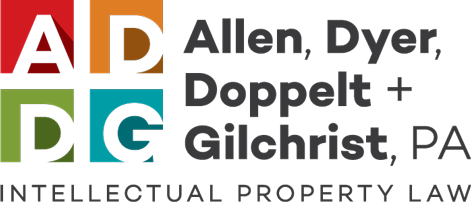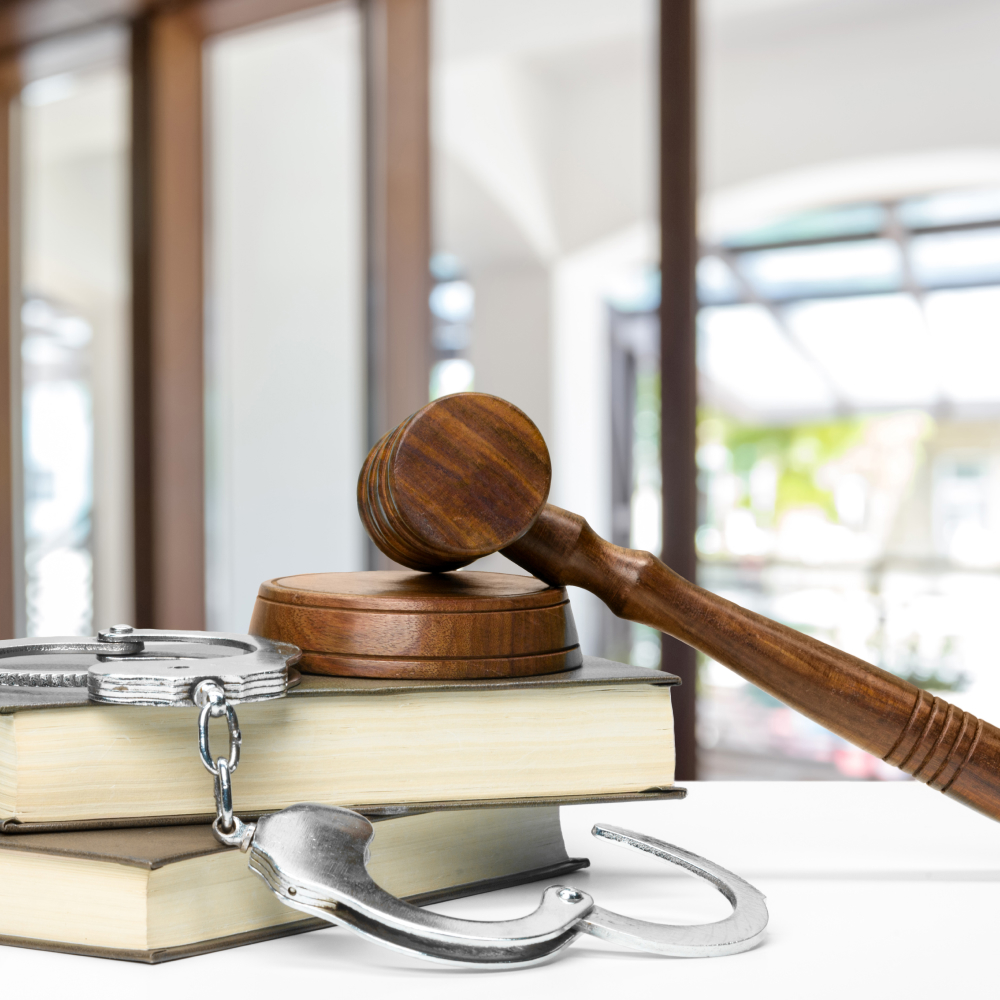In some circumstances, the mediator may determine a joint session is not productive and start with the parties separated. This can be done for a variety of reasons; the parties’ relationship has deteriorated to such a degree that a joint session would not be helpful; the emotions involved are so strong that a joint session may make it harder to foster open communication; or simply that the parties are so familiar with the dispute that rehashing it would offer no benefit.




